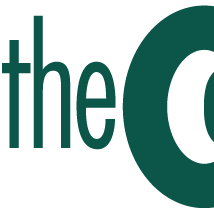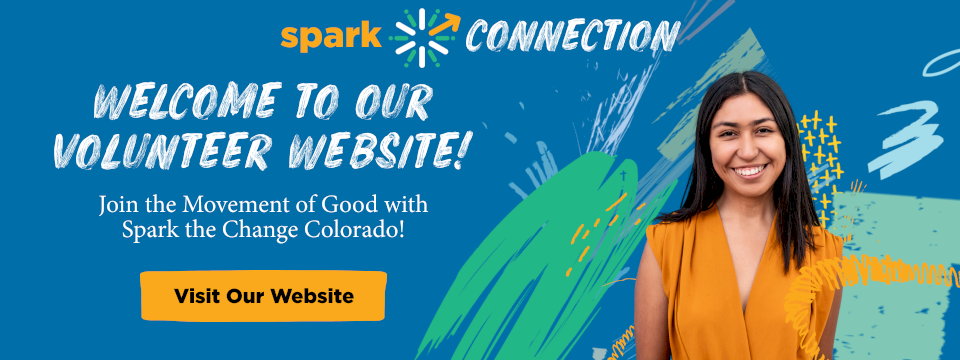

Who We Are
The Conflict Center's (TCC) mission is to equip people with practical skills to navigate, transform and embrace everyday conflict, and its vision is for communities to embrace conflict as an opportunity to sustain safe and thriving relationships. TCC believes that people of all socioeconomic levels should have access to programming that supports the development of practical skills to solve problems creatively and build positive relationships. Thus TCC is committed to providing at least 50% of services to clients from low-income life experiences.
TCC's Program Evaluation Committee assists with survey design, data analysis and guides the use of data to inform programs. The committee includes board, staff and community volunteers with expertise in this area. All programming strongly aligns with evidence-based practices including the Risk and Protective Factor Framework (CDC, 2016); Developmental Assets (Search Institute, 2004); the Bold Steps Ecological Model (A Plan for Youth Violence Prevention in Colorado, 2010); and the Uniform Minimum Standards for Prevention and Early Intervention Programs (State Board of Health, 2004).
What We Do
The Conflict Center recognizes that education is a powerful arena for the development of conflict management skills and offers three programs designed to support the development of these skills in students across the K-12 spectrum. In addition to its school programs, The Conflict Center also offers skill building classes for youth and adults as well as the Restorative Denver Program for adults coming through the criminal justice system, referred by the Denver DA's Office.
The following three programs are dedicated to reducing opportunity gaps by providing instruction and support services to educators and school staff to interrupt the school-to-prison pipeline, and helping students develop social emotional skills and conflict management tools, which impact students’ sense of well-being and safety.
The Reading for Peace Program is a literacy-based program where multigenerational volunteers read books that teach and reinforce positive conflict management and social-emotional skills to elementary school students.
The Social Norming Program utilizes youth leadership, survey instruments and messaging campaigns to create positive peer norms for healthy relationships among high school age youth. The requested funds will support resources to operate student work groups and provide necessary materials, including giveaways to incentivize whole-school participation in the Social Norming survey and campaign feedback. Another key component of TCC’s violence prevention work is equipping youth with critical social and emotional skills to build healthy relationships.
The Restorative Practices Program provides schools with the tools and systems necessary to change traditional punitive disciplinary practices. Restorative Practices offer a discipline approach that is effective and equitable, and engages students in processes that build safer, more productive school communities. A comprehensive Five Strategy of services is offered to schools at all levels, including Assessment, Planning, Training, Coaching and Evaluation. These pieces are all designed to build buy-in and sustainability and can be tailored to meet the unique needs of each school.
Additional programs include:
Restorative Denver (RD) is a partnership between TCC and the Denver DA’s Office, whereby eligible offenders resolve their cases through the Community Group Conferencing Model. Continuity of this program is essential for clients to move through the process in a timely manner as a key part of addressing racial and economic disparities within the criminal justice system that have been laid bare during the COVID-19 pandemic. All services are available remotely.
Skill Building Classes for Youth and Adults build participants’ capacity to manage emotions, manage conflict, communicate effectively, make healthy decisions and build relationships. These classes serve voluntary, court-ordered, work-referred and self-referred participants. The 12-hour curriculum is tailored to meet the needs of diverse populations and settings, and can be offered in 6-8 session series, weekend intensives and tailored topic-specific workshops. All programs have been adapted for on-line participation and have are also offered in-person.
Details
| (303) 865-5634 | |
| kayce.moormeier@conflictcenter.org | |
| Kayce Moormeier | |
| Volunteer & Intern Manager | |
| http://www.conflictcenter.org |


